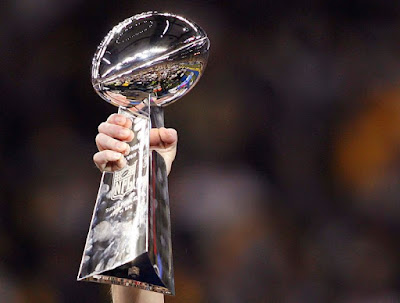This is a sample chapter from my Systematic Theology project "Theology for Thriving". 📎MORE TO THE STORY notes are not part of the main text of the book, but additional resources, charts, or other materials from Biblical Theology class resources.
1 Corinthians 12.12-14, 20-27 [12] For just as the body is one and has many members, and all the members of the body, though many, are one body, so it is with Christ. [13] For in the one Spirit we were all baptized into one body—Jews or Greeks, slaves or free—and we were all made to drink of one Spirit. [14] Indeed, the body does not consist of one member but of many... [20] As it is, there are many members, yet one body. [21] The eye cannot say to the hand, “I have no need of you,” nor again the head to the feet, “I have no need of you.” [22] On the contrary, the members of the body that seem to be weaker are indispensable, [23] and those members of the body that we think less honorable we clothe with greater honor, and our less respectable members are treated with greater respect; [24] whereas our more respectable members do not need this. But God has so arranged the body, giving the greater honor to the inferior member, [25] that there may be no dissension within the body, but the members may have the same care for one another. [26] If one member suffers, all suffer together with it; if one member is honored, all rejoice together with it. [27] Now you are the body of Christ and individually members of it.


















